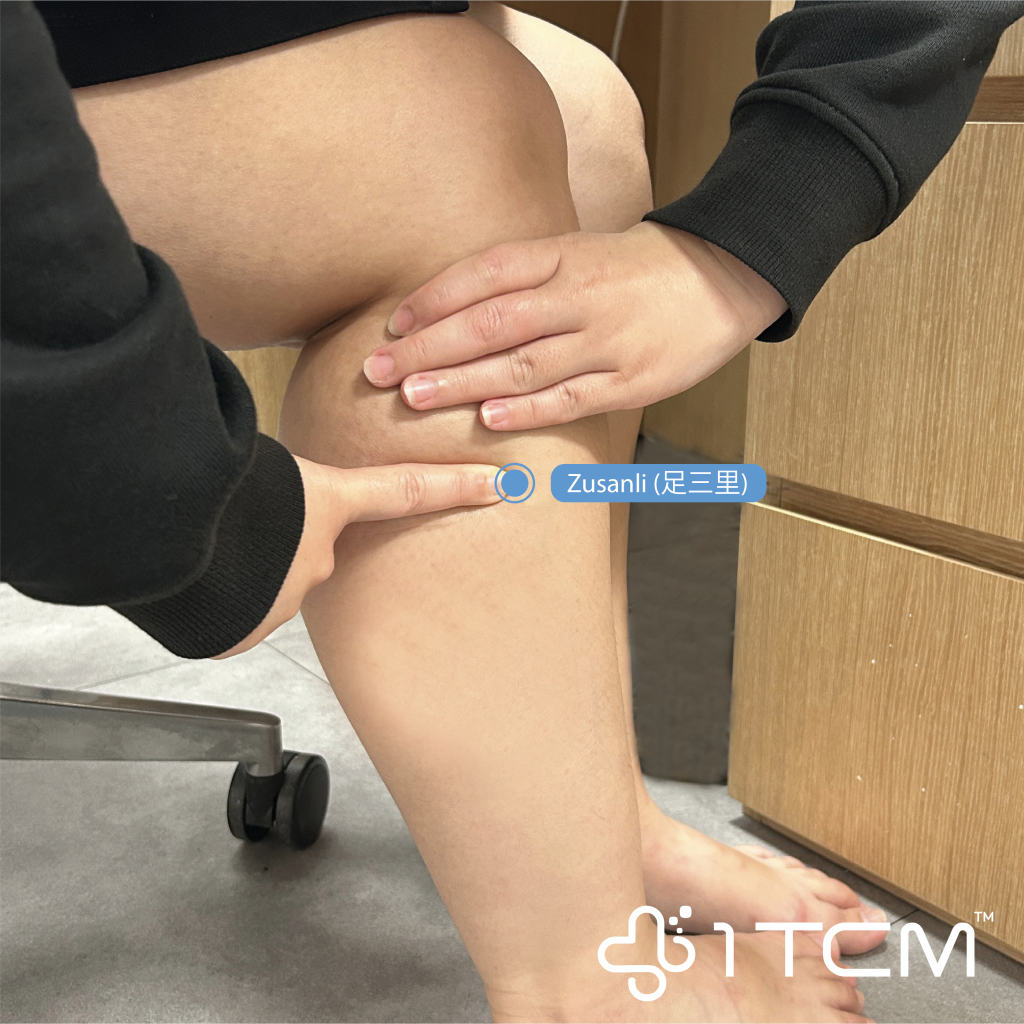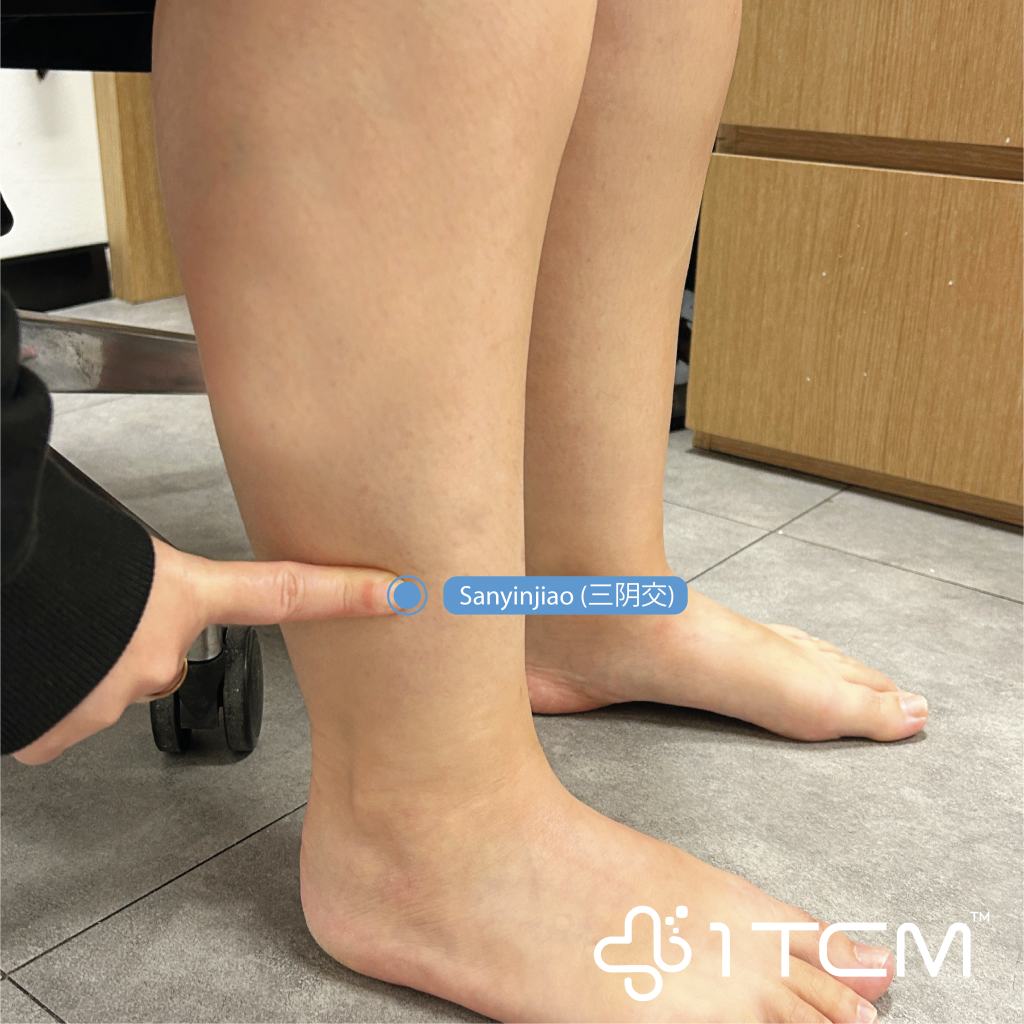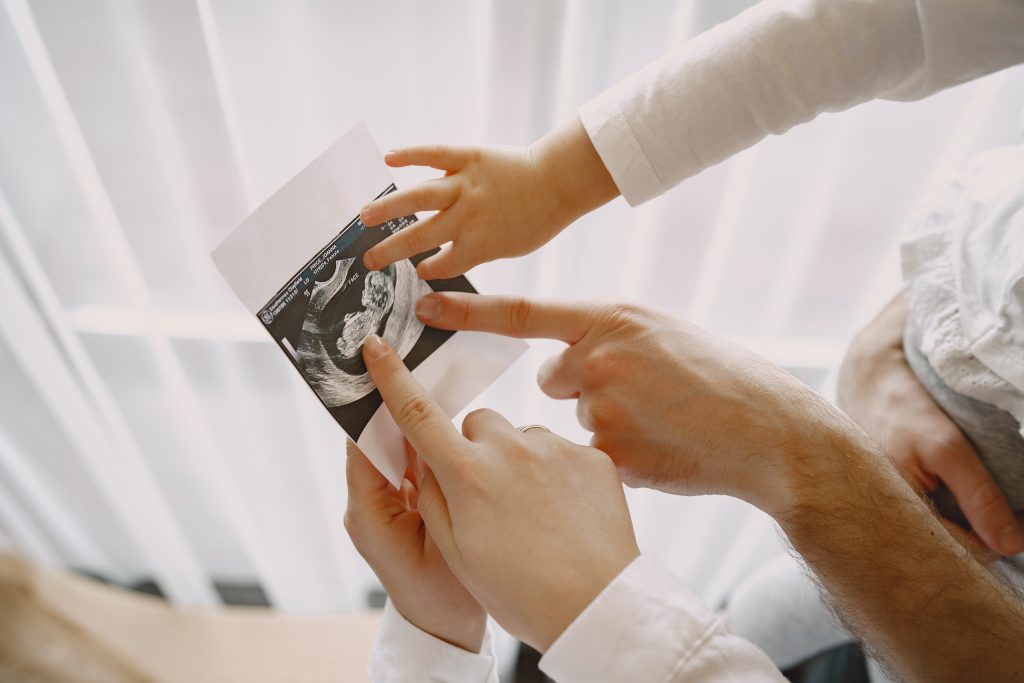“We are pregnant!”
A phrase some couples dream of saying but cannot, even after years of trying. In fact, did you know that infertility affects 1 in 7 couples in Singapore? It is a challenge more common than many realise.
While most people turn to Intrauterine Insemination (IUI) or In-vitro Fertilization (IVF), there is an avenue worth exploring: Traditional Chinese Medicine (TCM).
TCM focuses on balancing the body internally, providing treatments that help support the body naturally. If you are considering exploring fertility acupuncture or herbal medicine in Singapore, this article will help you understand how TCM works and what you can expect if you choose this route.
How Does TCM Approach Infertility Issues?
Qi blockages: Qi is the body’s life force or energy flow. Proper flow and balance in Qi are required for optimal reproductive health.
Kidney health: In TCM, the kidneys are considered the foundation of reproductive energy. Weak kidneys can result in hormonal malfunctioning or other ovulation problems.
Blood stagnation or deficiency: Good circulation is necessary to nourish the uterus for a good menstrual flow.
Find Harmony in Yin and Yang: Fertility is closely tied to keeping Yin (cooling, nourishing energy) and Yang (warming, active energy) balanced. To support your well-being, try focusing on relaxation and light physical activities.
What Are The TCM Treatments for Fertility Available in Singapore?
Acupuncture
It is common for acupuncture to complement Western fertility treatments like IVF. In a 30–60 minute session, the practitioner will carefully target acupoints on the body that influence reproductive health, including those on the lower abdomen and legs.
Acupuncture for fertility helps both men and women. For women, it can provide welcome relief for concerning conditions like endometriosis or PCOS, which can adversely impact ovulation and embryo implantation. Acupuncture also stimulates acupoints (e.g., Guanyuan, Zusanli, Sanyinjiao), improving blood flow and regulating hormone levels, thereby improving ovulation and increasing the chances of conception.
Ren 4 Guanyuan (关元): Located on the midline of the lower abdomen, this point is often stimulated to tonify the uterus, regulate menstruation, and support fertility.

Zusanli (足三里): Found below the knee, this point helps boost energy, improve digestion, promote healthy blood circulation, and nourish the reproductive organs.

Sanyinjiao (三阴交): This acupoint is on your lower leg’s inner side, just a few inches above the ankle. Targeting it regulates your menstrual cycle while promoting blood flow to the reproductive organs.

Even men can benefit from acupuncture: studies suggest acupuncture may improve sperm quality by increasing motility, count, and overall function. Additionally, it reduces stress, a leading factor of male infertility, by calming the nervous system and regulating hormone levels.
Herbal Medication
Lifestyle Changes
Various lifestyle changes for both men and women can also go a long way to promote fertility. For one, avoid drinking and smoking as they can be very harmful to fertility. For men, it reduces sperm count and motility, while women have reduced egg quality. Excessive alcohol consumption can also interfere with hormone balance, making it harder for women to ovulate regularly. To support fertility, both partners should quit at least 3–6 months before conception to let the body recover.
It also helps to exercise regularly. Regular aerobic workouts for men can boost sperm count and quality. At the same time, women should skip intense workouts during ovulation, focusing on lighter activities like rope skips (200–350 jumps per session) to promote egg movement towards the fallopian tubes. In fact, exercise can even lower the risk of ectopic pregnancies.
For optimal sperm health, men must also avoid hot showers or baths and stick to water temperatures of 35°C or cooler.
A balanced diet also plays a role in supporting reproductive health. Soy milk is highly recommended to aid digestion, nourish the body, and support ovarian follicle growth. That said, both timing and preparation are key. You can drink pure soy milk to promote follicle growth after menstruation, then a mix of black and yellow soybeans two days before ovulation for extra benefits.
After ovulation, you can enjoy pure black soy milk to continue supporting your reproductive health. Post-ovulation, however, means avoiding soy milk during the luteal phase (post-ovulation) to prevent hormonal imbalance.
In TCM, stress is linked with fertility problems such as menstrual cycle disorders, poor egg quality, and low sperm count. Stress disrupts the body’s Qi, causing the body to become imbalanced and suffer improper functionality.
Recent studies have shown a correlation between daily stress levels in women and reduced chances of pregnancy. Women with higher alpha-amylase levels, an enzyme linked to stress in their saliva, took 29% longer to conceive than those with lower levels.
For more tips on boosting your chances of conception, read our full article here.
Frequently Asked Questions about TCM in Fertility
How effective is TCM in improving fertility?
TCM takes a holistic approach to restoring your body’s inner balance and improving fertility. While it will take several sessions, your treatment timeline will vary depending on your age, current health, and the underlying problems you face. Some notice changes in their menstrual cycles, energy levels, and overall well-being after three to six months of consistent treatment, while others may take a little longer. It helps to stay consistent, keep a positive outlook, and visit your TCM practitioner regularly for optimal results.
Is TCM safe to use with Western fertility treatments like IVF?
TCM treatments are highly beneficial to those who also undergo fertility treatments such as IVF or IUI and are perfectly safe as complementary therapies. In fact, some studies find that receiving acupuncture before an embryo transfer significantly improves positive outcomes.
What can I expect from my first TCM fertility consultation?
Your chosen TCM practitioner will first start with a health assessment to ascertain your overall health. They will ask questions about your well-being to formulate a personalised treatment plan to address your concerns. You can also ask them questions about your health and resolve any concerns you might have.
Do TCM fertility treatments cause side effects?
You might experience minor side effects, such as temporary bruising from acupuncture or changes in digestion upon taking herbal medicine, but these tend to disappear after some time. Be sure you see a qualified TCM professional who can ensure you avoid potentially harmful medication interactions when undergoing TCM fertility treatments.


